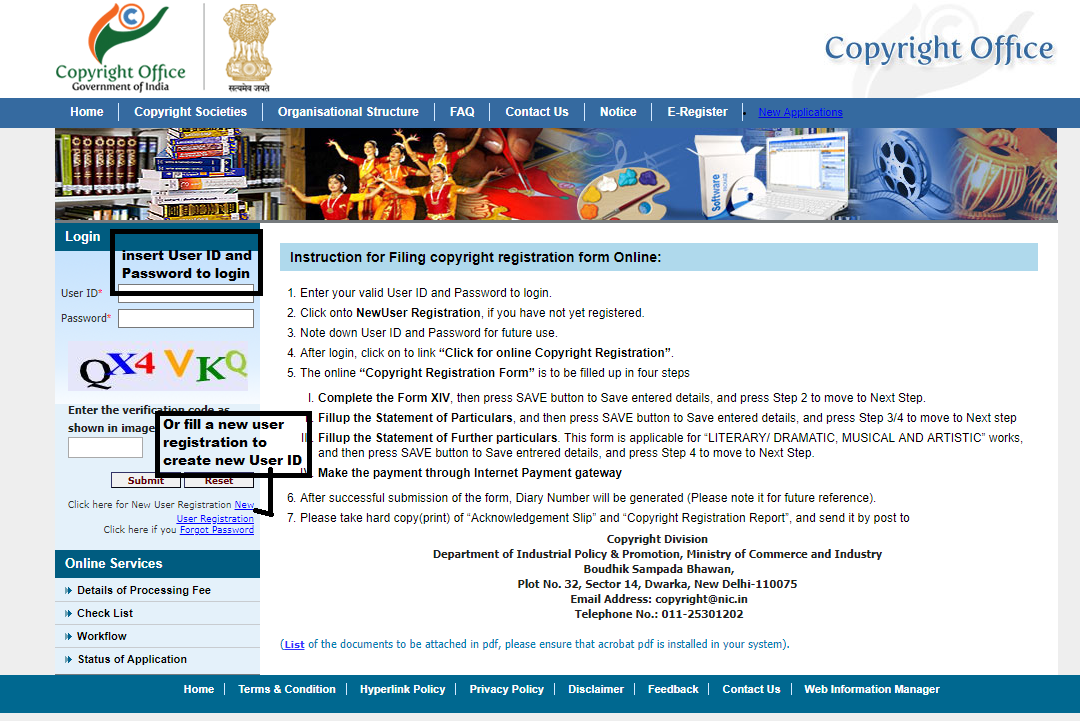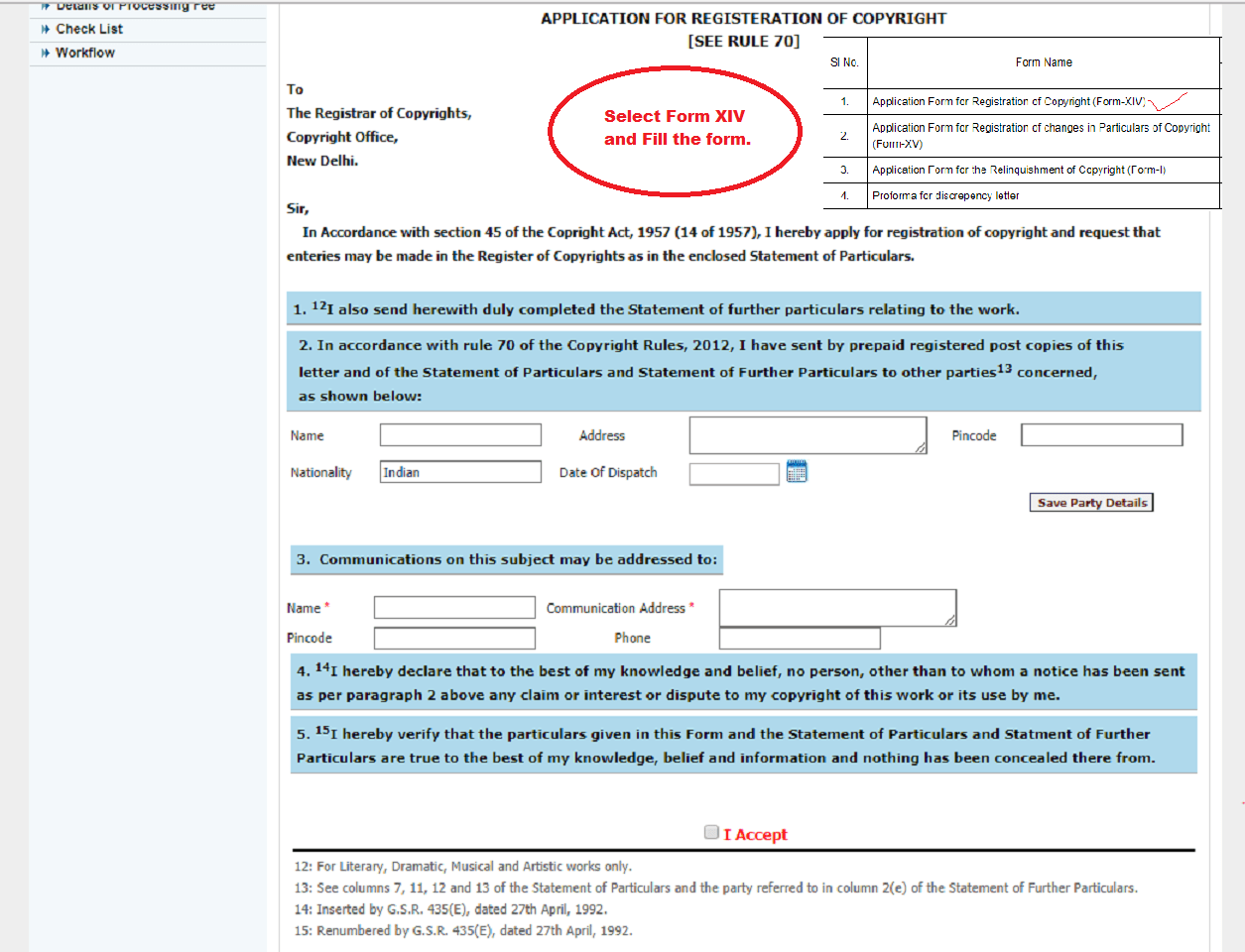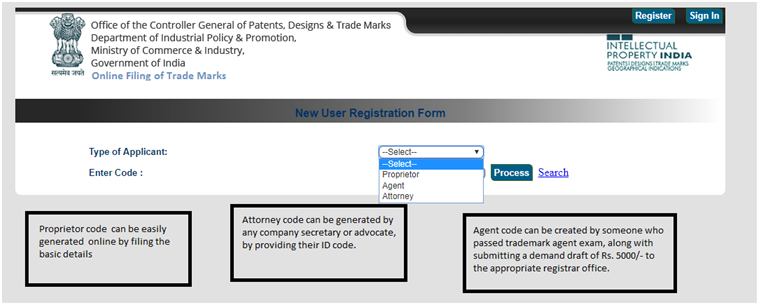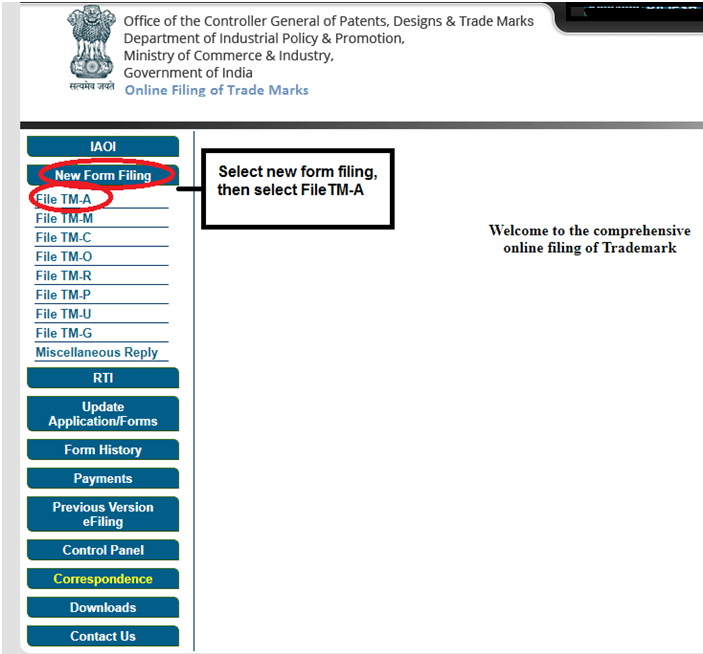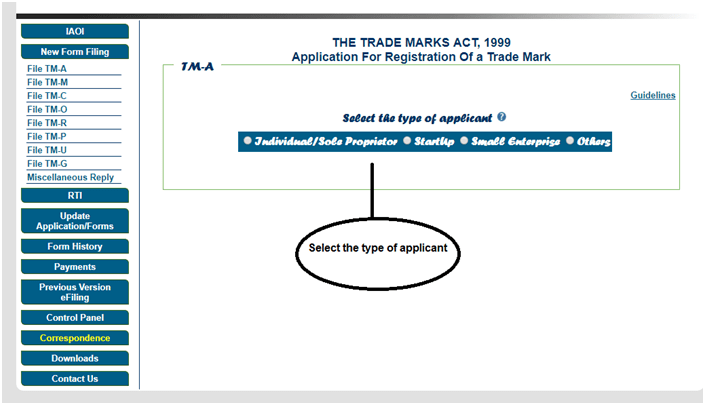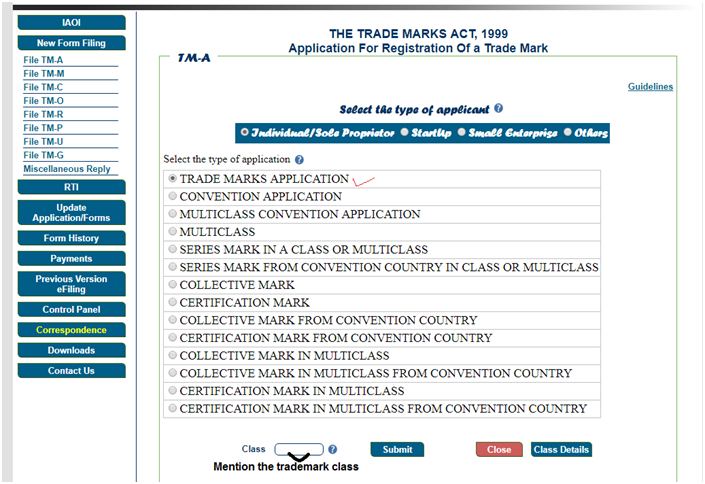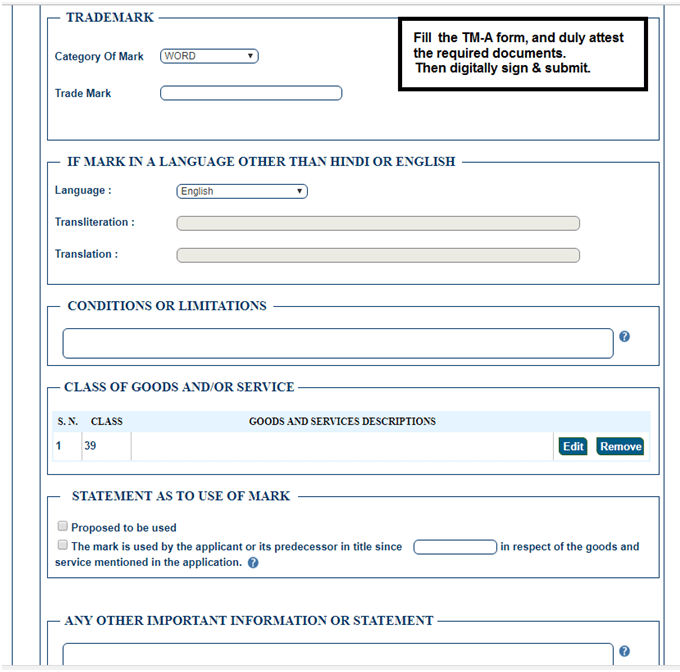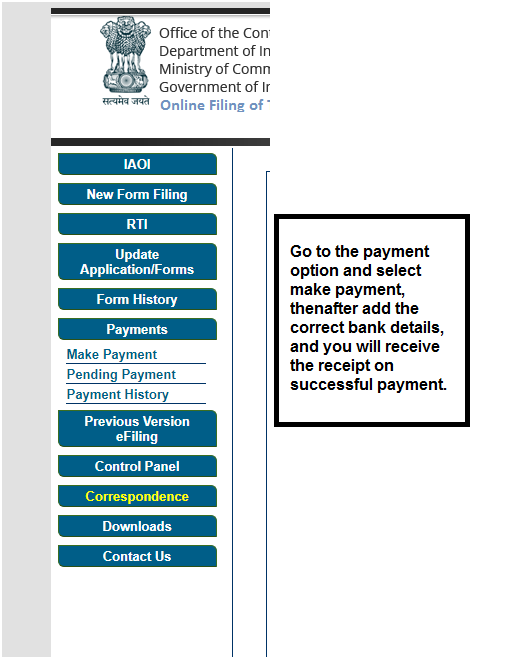Custom Software Development vs Off-The-Shelf Solutions: Complete ROI Analysis
In App development, Billing Software, government, Graphic Design, Tech-BLOG, Technical, UI/UX Design and DevelopmentIntroduction: Why Custom Software Matters
In today’s rapidly evolving digital landscape, businesses are often faced with a critical choice: invest in custom software development or rely on off-the-shelf solutions. While pre-built software can seem cost-effective and fast to deploy, it often fails to meet the nuanced requirements of growing enterprises.
Custom software, also known as bespoke software, is tailored to your business processes, offering flexibility, scalability, and a unique competitive edge. By aligning technology with your business strategy, you not only improve operational efficiency but also maximize long-term ROI.
Businesses across industries—FinTech, Healthcare, Logistics, and more—are increasingly realizing that a one-size-fits-all approach rarely delivers optimal results. In this article, we will break down the complete ROI analysis of custom software versus off-the-shelf solutions, supplemented with real-world case studies.
Case Study: Company A (FinTech)
Background: Company A, a fast-growing financial services startup, faced challenges with managing customer data, regulatory compliance, and transaction processing.
Problem: Existing off-the-shelf banking software lacked integration capabilities and failed to meet strict security standards.
Solution: The company opted for a custom enterprise software solution. Features included:
-
Real-time data processing
-
Automated regulatory reporting
-
AI-powered fraud detection
Results: Within 12 months of deployment:
-
40% faster transaction processing
-
30% reduction in operational errors
-
ROI achieved in under 18 months
This demonstrates how bespoke software can provide both performance and compliance benefits for FinTech enterprises.
Case Study: Company B (Healthcare)
Background: Company B, a medium-sized hospital network, struggled with patient management, appointment scheduling, and reporting.
Problem: Off-the-shelf solutions were generic and failed to integrate with legacy systems.
Solution: A custom software platform was developed to:
-
Streamline patient records
-
Enable telemedicine capabilities
-
Provide analytics for hospital management
Results:
-
50% reduction in appointment delays
-
Improved patient satisfaction scores
-
Long-term savings by avoiding recurring license fees
This example highlights the critical role of bespoke software in Healthcare, where precision and reliability are non-negotiable.
Case Study: Company C (Logistics)
Background: Company C, a logistics and supply chain provider, faced challenges tracking shipments across multiple regions.
Problem: Standard solutions could not accommodate complex routing and multi-vendor integration.
Solution: Custom software was developed to include:
-
Real-time GPS tracking
-
Automated inventory updates
-
Predictive delivery scheduling
Results:
-
25% reduction in delivery delays
-
Increased fleet utilization by 20%
-
Significant reduction in customer service complaints
Here, custom software provided operational control and data-driven decision-making, leading to measurable ROI.
When to Choose Custom Software (Detailed Criteria)
Businesses should consider custom software development when:
-
Unique Business Processes: Standard solutions cannot accommodate your workflows.
-
Scalability Needs: Future growth requires adaptable software.
-
Integration Requirements: You need seamless interaction with legacy systems or third-party apps.
-
Security & Compliance: Industry regulations demand specialized features.
-
Long-Term ROI Focus: Reducing recurring costs and improving efficiency outweigh initial investment.
Choosing the right approach ensures your technology aligns with your strategic business goals.
Development Process Explained
Developing bespoke software involves:
-
Requirement Analysis: Understand business processes, goals, and pain points.
-
Design Phase: Create wireframes and prototypes aligned with UX/UI principles.
-
Development & Coding: Build software using scalable architecture.
-
Testing & QA: Rigorous testing to ensure functionality, security, and performance.
-
Deployment & Training: Seamless integration with existing systems, with staff onboarding.
-
Maintenance & Updates: Continuous support for evolving business needs.
A structured development process ensures reliable, high-quality enterprise software solutions.
Cost Breakdown and ROI Calculation
Custom Software Costs Include:
-
Development (coding, design, testing)
-
Infrastructure (cloud servers, databases)
-
Maintenance & updates
-
Staff training
ROI Considerations:
-
Increased productivity
-
Reduced manual errors
-
Lower licensing fees compared to off-the-shelf software
-
Competitive advantage through automation and analytics
Example ROI Calculation:
| Cost Component | Off-the-Shelf | Custom Software |
|---|---|---|
| Licensing Fees (5 yrs) | $50,000 | $0 |
| Implementation & Setup | $10,000 | $30,000 |
| Maintenance (5 yrs) | $15,000 | $10,000 |
| Operational Savings | $0 | $80,000 |
| Net ROI | $0 | $40,000 |
Even with higher upfront costs, custom solutions often yield better long-term ROI.
Industry-Specific Examples
custom software developmentnowspeed
Finance: Fraud detection, automated reporting, secure transaction processing
Healthcare: Patient management, telemedicine, compliance reporting
Retail: Inventory tracking, personalized customer experience, sales analytics
Logistics: Fleet management, predictive routing, multi-vendor integration
Custom software allows businesses to address industry-specific challenges efficiently.
Common Misconceptions Debunked
-
Custom software is too expensive: Higher upfront cost, but long-term savings and ROI are substantial.
-
Off-the-shelf software is faster: Deployment may be quicker, but adaptation to unique needs often takes longer.
-
Maintenance is difficult: With the right development partner, updates and support are streamlined.
Understanding these myths helps businesses make informed decisions.
Timeline and Resource Requirements
Custom Software Timeline (Typical):
-
Requirement Gathering: 2–4 weeks
-
Design & Prototyping: 3–6 weeks
-
Development: 8–16 weeks (depending on complexity)
-
Testing & QA: 2–4 weeks
-
Deployment: 1–2 weeks
Resources Needed:
-
Project Manager
-
Business Analysts
-
Developers (frontend, backend, database)
-
QA & Testing Team
-
UI/UX Designers
Proper planning ensures on-time delivery and successful software adoption.
Selection Criteria for Development Partners
When choosing a software development company:
-
Expertise in Industry: Look for prior experience in your domain.
-
Technical Skills: Proficiency in modern technologies and frameworks.
-
Portfolio & Case Studies: Proven track record of delivering enterprise software solutions.
-
Support & Maintenance: Post-deployment services for seamless operations.
-
Transparency & Communication: Clear timelines, cost structures, and progress reporting.
Partnering with the right team guarantees high-quality custom software that aligns with your business goals.
Call to Action: Free Consultation
Choosing between custom software and off-the-shelf solutions is a strategic decision that impacts productivity, costs, and long-term growth.
At Jain Software, we specialize in delivering bespoke software solutions tailored to your business needs. Our experts provide in-depth ROI analysis, ensuring you invest in technology that truly drives results.
Schedule your free consultation today and discover how our enterprise software solutions can elevate your business.








